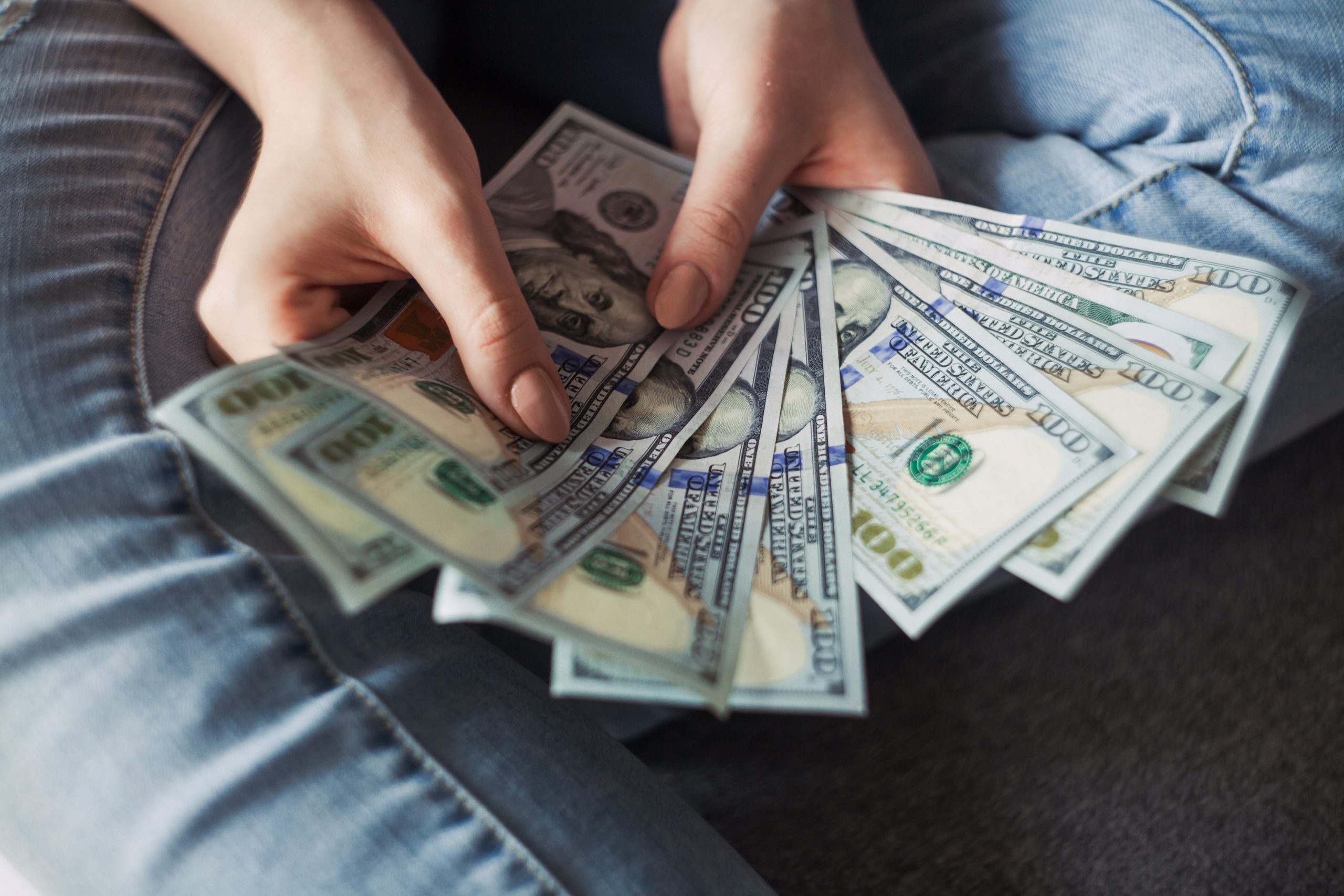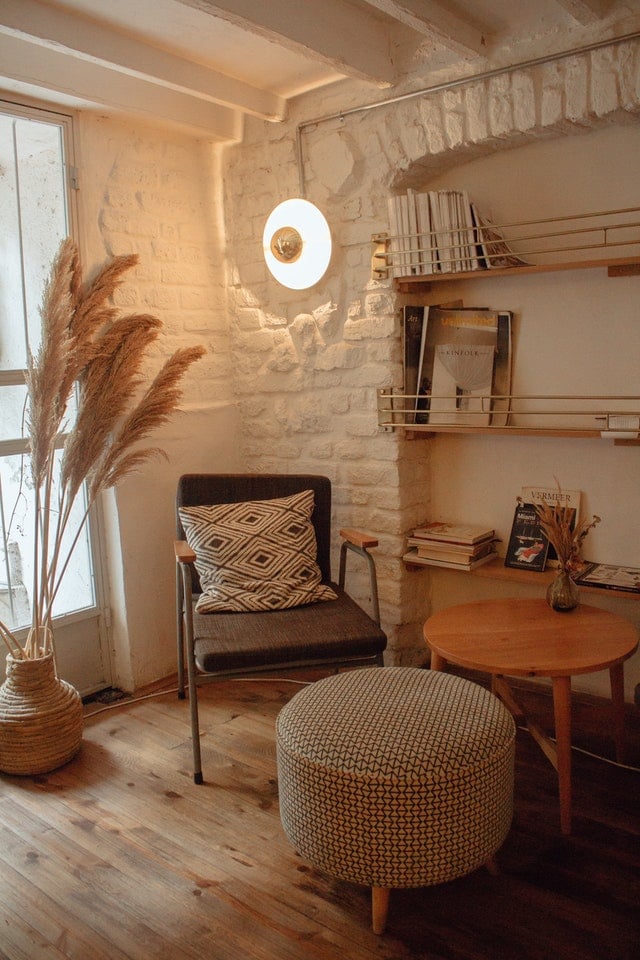There’s nothing that can spoil the good feeling of turning a profit on a property more than the realization of how much capital gains tax you’re going to owe. If you’ve made money selling a primary residence before, there’s a good chance you were able to avoid some if not all of the capital gains tax. However, figuring out how to avoid capital gains tax on rental property can be a little bit more complicated.
That being said, it’s possible to reduce, defer, or even eliminate your tax burden when you sell your rental. In order to make sure tax liability is as low as possible, there are a number of different strategies you can choose from.
Even if you’re just contemplating purchasing your first rental property, it’s honestly never too soon to start figuring out how you want to approach the issue of capital gains tax when it comes time to sell your investment.
Let’s take a look at everything you need to know about capital gains tax so you can make a decision that best suits your investment and financial goals.

When you sell any type of taxable investment asset for more than you bought it for, you are realizing your profits (or “capital gains.”) The capital gains tax is, in short,
a tax on the amount of profit you made when you sold an investment.
There is both a short-term capital gains tax and a long-term capital gains tax. Short-term capital gains tax applies when you sell an asset that you have owned for less than one year. Long-term capital gains tax applies to the sale of assets that you’ve held for longer than one year.
The profit that you make from a short-term capital gain is taxed as ordinary income. For everyone except for the richest taxpayers, this means that you will pay a higher tax on short-term capital gains than long-term capital gains.
The gains that you make from long-term investments (again, meaning you held the asset for more than a year,) are taxed at either 0%, 15%, or 20% depending on your tax bracket for the year that the profit was realized.
Now that you understand the basic concept behind capital gains, let’s talk about how they specifically relate to rental properties.

When you’re selling your primary residence, you can have $250,000 of profit excluded from your taxable income as an individual or $500,000 for couples that are married and filing jointly. So long as you have owned and lived in the home for more than two years and stay underneath those profit limits, you won’t have to pay capital gains tax on your principal residence.
Let’s say that you sold the primary residence that you’ve owned for 10 years and purchased for $150,000. If you sell that property for $450,000, $250,000 of your profit will be excluded from the capital gains tax. However, since you profited a total of $300,000, there will still be $50,000 that is subject to the capital gains tax. Savvy homeowners, however, can add repairs and improvements to the cost of the home, which, in turn, reduced the amount of taxable profit.
If you haven’t used your rental property as a primary residence for two of the last five years, you won’t be able to exclude any of your capital gains through this method. When you sell your investment property, the capital gains tax will apply the same way it would if you sold any other type of qualifying asset.
Luckily, there are some strategies you can use to reduce or completely eliminate capital gains tax for a rental property. We’ll take a look at the different methods you can use a little later in the article.
If you sell a rental property and you make a profit, you could end up owing capital gains tax. If you held the property for less than a year, your gains will be taxed at your normal income tax rate. If you held the property for more than one year, you will pay a fixed rate based on your income and filing status.
If you are file taxes as a single individual, your long-term capital gains tax rate in 2022 will be:
If you are married and filing jointly, your long-term capital gains tax rate in 2022 will be:
If you’re married and filing separately, your long-term capital gains tax rate in 2022 will be:
If you’re filing as the head of your household, your long-term capital gains tax rate in 2022 will be:
If the capital gains tax sounds a little steep to you, you’re not alone. Luckily, there are some ways that you can strategically reduce or avoid capital gains tax on rental property.

As we mentioned above, the IRS gives you a big break when you sell a primary residence for a profit. While it might not be an option for everyone, one option for reducing capital gains tax on a rental property is to use it as your primary residence for two out of the last five years before you sell the place.
Some real estate investors use this to their advantage, purposefully purchasing properties they will live in for two years, renting it out for three, and then selling the property and starting the cycle all over again.
Of course, this only works if you are willing to move fairly regularly and deal with the imperfections of living in a property that you purchased with the primary purpose of being a rental.
If you’re going to be selling your primary residence anyway, though, and you’ve toyed with the idea of renting it out for a while, taking advantage of the capital gains exclusion for principal residences can be an appealing idea.
It’s worth noting that you might not be able to avoid all capital gains tax on a property if you only lived there for a portion of the previous five years. However, doing so can still significantly reduce your tax bill.

By using a 1031 exchange, you can defer paying capital gains tax on your rental properties so long as you buy another investment with the proceeds. This is outlined in Section 1031 of the Internal Revenue Code.
Note the therm defer and not avoid. When you use a 1031 exchange, you aren’t altogether eliminating capital gains tax. What you’re doing is deferring the tax until you sell the property you purchased to replace the initial property. However, some investors choose to use this strategy ad infinitum, as there isn’t any limit on the number of 1031 exchanges you can do. If you intend to own rental property for the rest of your life, you can continue deferring your gains from one property to the next, and even pass the property you own at your death on to your heirs.
There are a number of rules you’ll want to keep in mind in order to qualify for a 1031 tax-deferred exchange, which include:
While getting your taxes sorted out is essential, there's a lot more to real estate investment than figuring out how to reduce your tax burden. If you're new to the game, one important metric you'll want to learn right away is how to calculate ROI on rental property. This is one of the tools you'll want in your arsenal in order to understand how profitable a potential property could be.
Tax-loss harvesting is a strategy that is used by many stock market investors but it also isn’t uncommon when it comes to real estate. Basically, this process occurs when you sell one property at a loss in order to offset the profits of another rental that was sold within the same tax year.
Let’s say, for example, that you sold a rental property for a profit of $75,000 and will be hit with a 15% long-term capital gains tax (meaning $11,250 would go to Uncle Sam.) If you sell another property with negative equity of $50,000, that reduces your total taxable capital gain to only $25,000. Instead of shelling out more than $11k in capital gains taxes, you’d only owe $3,750.
Of course, you’re going to want to weigh out the pros and cons of tax loss harvesting. If you’re purposefully taking a big loss on a property just to reduce your taxable income or capital gain, it might not be net beneficial to your finances. In some instances, though, tax loss harvesting can be a useful tool that allows you to decrease your tax burden.
Are you new to the world of property investment? If so, there are a lot of topics you'll want to grasp before hopping in. Check out our rundown on amortization here.
According to the IRS, the adjusted basis of your property is “generally your cost in acquiring your home plus the cost of any capital improvements you made, less casualty loss amounts and other decreases.”
When you determine your capital gains on the sale of a property, you are subtracting the cost basis from the sale price. You can adjust your cost basis by incorporating a number of the different costs you incurred along the way.
You can add to the tax basis of your property if you made qualifying home improvements. This means that you might be able to adjust the basis of your rental property in a way that decreases your capital gains at the time of sale.
However, a simple repair usually doesn’t qualify as a home improvement in the eyes of the IRS. The idea is that the project needs to have created results that lasted for greater than one year or if the work was a part of an overall remodeling project. As you might imagine, these improvements need to benefit the property by either adding value to it, adapting it to new uses, or prolonging its life.
You also might be able to add to the cost basis of your rental by including costs related to the purchase of the property. These could include:
You can find a list of the closing costs and settlement fees that can be added to the basis of the property from the IRS here.
Obviously, you’re going to want to be able to back up any changes you make to the cost basis with receipts and other documentation. If you’re planning to adjust your cost basis with the goal of reducing your capital gains tax, it’s a good idea to talk to a tax professional to ensure that you’re staying above board.
Are you thinking about buying a foreclosed property and fixing it up to rent out? Before you head to the next auction, be sure to read about the risks of buying foreclosed property.
When you think of individual retirement accounts (IRAs), the typical association is with investing in financial assets like stocks, bonds, ETFs, or mutual funds. Investors can, however, choose to purchase rental properties with their retirement savings from tax-deferred retirement accounts.
That being said, purchasing property with an IRA is quite a bit more complicated than buying some stocks. There are a lot of rules that govern property purchases through a self-directed IRA, so it’s worth noting that going this route definitely implies a research project.
In order to hold real estate in your IRA, you’ll need a self-directed IRA. The property that you purchase with an IRA can’t be used by you or your family in any way– i.e., it must be strictly an investment property.
You will also most likely have to buy the property in cash and all of the ownership expenses of the property will have to be paid by the IRA.
There can be a lot of tax issues that come along with holding real estate in an IRA.
The reason we’ve included in our list of ways to avoid capital gains tax on rental property, however, is that the gains that you make when you sell a property held in an IRA are able to grow tax-deferred just as they would with any other type of investment in your retirement account.
As you might imagine, there’s some math involved in determining whether or not this makes sense. After all, your profit will be taxed even when you purchase a property with an IRA. However, instead of writing a check to the IRS after the sale of your property, you’ll pay taxes on your gains at the same rate and same time as any other investments made with an IRA; at distribution.
It’s possible that the ordinary income tax rate is actually higher than the rate you would pay in capital gains tax. However, you have to factor in the tax-deferred treatment of both:
Purchasing rental property with a retirement account might not be the best choice for someone that is new to the game of real estate investing. However, for experienced and knowledgeable investors that don’t mind dealing with the additional complications of going this route.
In 2021, there was quite a bit of hubbub about whether or not the capital gains tax law was going to change the following year. The reason for this was the Biden Administration’s original proposal of the American Jobs Plan and the American Family Plan, which included a significant capital gains tax increase.
The proposal initially stated that households that made over $1 million in income would have to pay 39.6% in capital gains tax when they profited from an investment. (Ouch!) However, the version that was eventually passed in the House without the increases to the top capital gains tax rate. Since then, the Build Back Better Plan has been basically pronounced dead.
That means that investors can breathe a sigh of relief in regards to capital gains tax laws changing, at least for now.
In addition to capital gains tax, you’re also going to want to understand depreciation recapture tax.
How much you will owe in depreciation recapture tax will be assessed when the amount you sell the property for exceeds the adjusted cost basis. Basically, this means that you need to be aware of this tax if you make a profit on the property.
For 2022, the maximum rate that can be applied to depreciation recaptures is 25%. In order to find out how much you could owe in depreciation recapture tax, you’ll need to compare the sale price of the asset to its adjusted cost basis.
So, what exactly is depreciation recapture tax?
Basically, during the years that you owned your rental property, you could account for wear and tear on the property through depreciation. Different classes of assets have different depreciation schedules, which outline how much you can deduct (in terms of a percentage of the asset’s value) each year and for how many years you can claim the deduction.
However, when you sell the property, the IRS is going to ask for some of that money back. To learn more about what happens to depreciation when you sell a rental property, check out our full guide to the topic here.
Talking about capital gains tax can be kind of a bummer, but luckily you can reduce, defer, or avoid capital gains taxes by being organized and diligent from the get-go.
If you’re just shopping for your first rental property now, it’s not too early to start thinking about how you want to deal with both the tax benefits and tax implications of owning an investment property.
Of course, taxes aren’t the only thing that matter when it comes to your rental. The thing about capital gains tax is that it’s kind of a bitter-sweet reward– after all, being faced with a capital gains tax does mean that you turned a profit.
In order to make sure you buy a property that will benefit you both in the short and long term, it’s important to make sure that all the numbers add up. That’s why we created the most advanced rental property calculator on the web. Our thorough yet simple calculator can help you quickly run through your shortlist of properties to find the perfect one to add to your portfolio.
We encourage you to share this article on Twitter and Facebook. Just click those two links - you'll see why.
It's important to share the news to spread the truth. Most people won't.